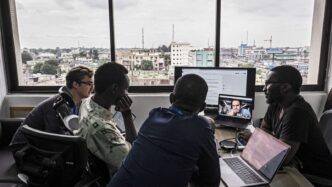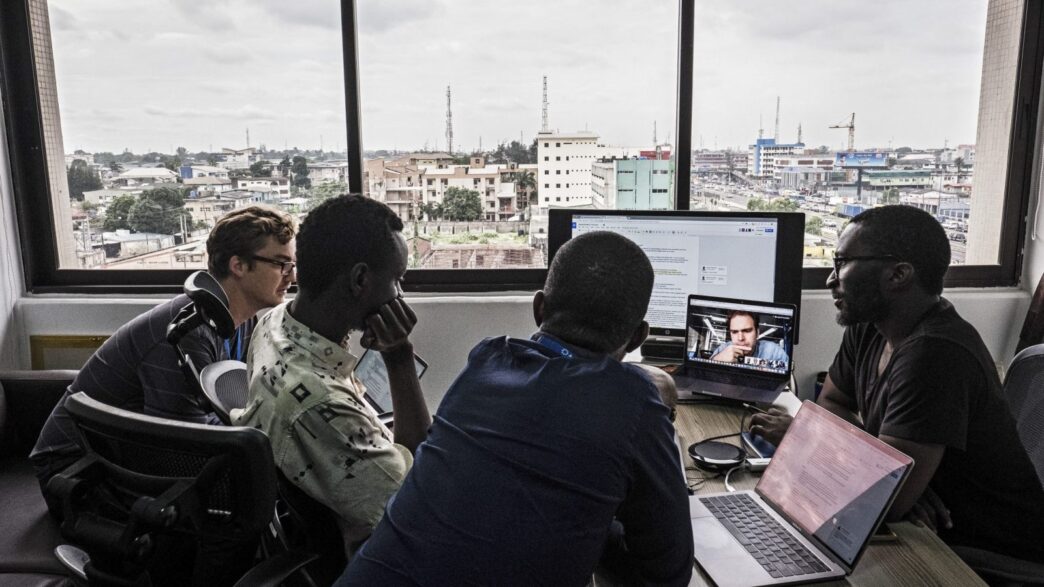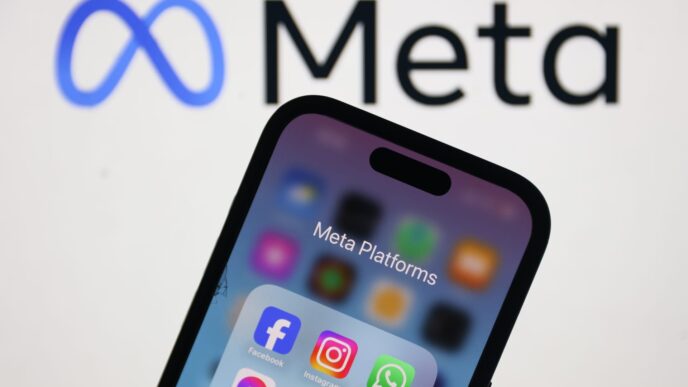Nigeria bets on outsourcing with 3 Million Technical Talent program amid AI and visa hurdles
Nigeria is pushing hard to become a global outsourcing hub, rolling out the 3 Million Technical Talent (3MTT) program to train millions in tech skills by 2027. The government launched the initiative in 2023, offering free courses in AI, cybersecurity, and software development — online and in person at over 200 centers. So far, 100,000+ people have joined.
The move aims to build a tech workforce that works locally and goes global for high-paying gigs. Nigeria hopes to replicate the cycle seen in India: train local talent, expose them internationally, then have them return as entrepreneurs and mentors.
The country already has Africa’s fastest-growing startup ecosystem and five unicorns, plus a young population and improving internet infrastructure. The government also created the Nigeria Talent Cities Initiative to model India’s BPO-like tech workspaces.
Startups like Hotels NG, AltSchool, Treford, and unicorn Andela are already training and placing Nigerian talent worldwide.
But the industry faces big headwinds. A global tech hiring slowdown and stricter U.S. immigration rules have hit Nigerian workers hard, many forced to return home. AI adoption is eating into outsourcing jobs — especially for junior roles. Bots are handling basic coding and customer queries that were once outsourced.
Celina Lee, CEO at Zindi, told Rest of World:
“The proposition of selling talent from Nigeria to global markets in the United States or Europe has become complicated, especially in Silicon Valley where a lot of recently laid-off tech talent has flooded the market.”
“The introduction of AI is eroding opportunities, particularly for junior talent.”
Adewale Yusuf of AltSchool Africa weighed in:
“There’s a global decline in demand for tech jobs as we know it.”
“Front-end and back-end development as we know it might be phased out.”
Visa troubles linger as well. Lotanna Nwosu, a Nigerian product marketing manager in the U.K., said he was denied a U.S. visa for a company event.
“The American immigration policy is difficult to the point where I have been denied a visa for a company event,” he said.
An anonymous U.S.-based Nigerian AI engineer added:
“President Trump’s radical policies might take my job and send me back to Nigeria.”
Despite this, demand for 3MTT stays high. The program has 1.8 million applications and over 7,500 graduates placed in jobs, according to Francis Sani, technical adviser on innovation to Nigeria’s tech minister.
Nigeria is updating 3MTT to focus more on advanced skills and AI. Some grads now work on the country’s national large language model project, helping with data annotation.
Ajani Olajumoke, a 3MTT trainee, said:
“The 3MTT program provides a solid foundation by helping us build in-demand tech skills and offering tools like a portal to upload our CVs for visibility.”
Nigeria is racing to catch the next wave — but AI and immigration may reshape the game.














